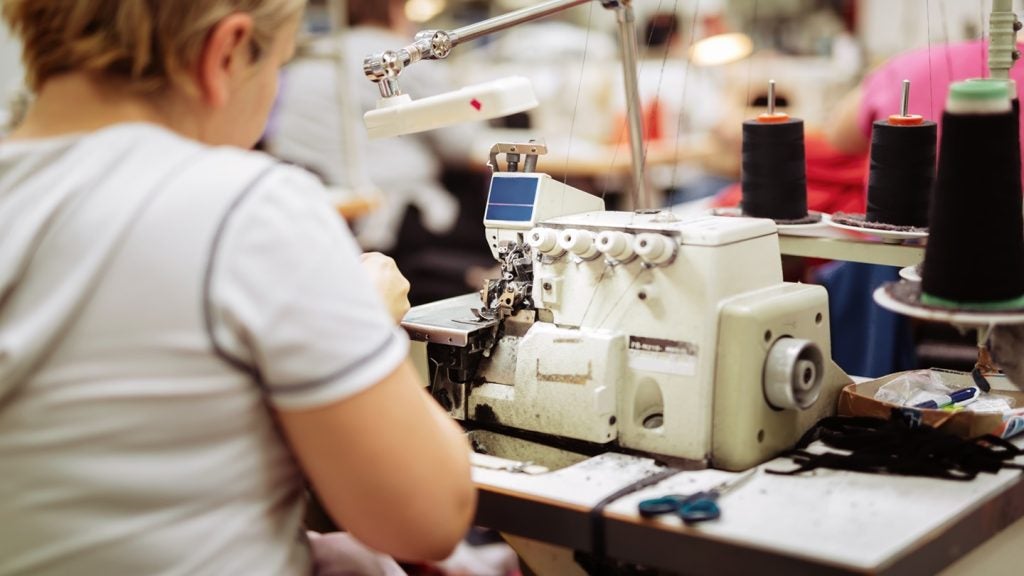Passenger sources many of its recycled fabrics and collaborates with numerous production partners in the Far East, but due to an increase in average duties and tariffs exceeding 50%, importing goods into the US has become significantly more costly.
The tariffs means that for every $1m worth of stock Passenger imports into the US, an additional $500,000 is incurred in duties and tariffs from day one, the brand said.
Passenger CEO Jon Lane said: “Passenger has seen rapid direct to consumer growth in the US over the last two years and has a large pipeline of wholesale orders building from retailers such as REI, Scheels, Backcountry, and outdoor specialty stores. However, with US tariffs increasing so rapidly and being so volatile, this has turned the US from a great opportunity to a risky proposition.”
In 2024, Passenger reported a significant increase in net revenue, soaring to £57m ($75.48m), which represents a 76% rise from the previous year's £33m.
Europe has emerged as the growing market for the brand, with substantial growth and a strong consumer base, particularly in the UK where the company originated over a decade ago.
To capitalise on this momentum, Passenger said it is reallocating resources and redirecting inventory originally intended for the US market to meet heightened demand across key European countries such as Germany, France, the Netherlands, Belgium, and its home market in the UK.
“Although Passenger was looking forward to scaling in the US, given the opportunity in Europe, where we are seeing triple-digit growth in some countries and a stable business environment, we’re confident that this shift in focus will enable Passenger to deliver on its ambitious plans. We’ve spoken to all our key retail partners in the US and really appreciate their positive feedback and long-term support. Like many others, we’ll be keeping a close eye on the US over the coming months to see if tariffs are reduced to a sustainable level and if the landscape has become more settled,” Lane added.
On 9 April, US President Donald Trump announced a suspension of his "reciprocal" tariffs for a 90-day period for all nations except China.
Despite this development, a baseline tariff of 10%, effective from 5 April continues to apply, while Chinese fashion exports face a tariff of up to 145%
Navigate the shifting tariff landscape with real-time data and market-leading analysis. Request a free demo for GlobalData’s Strategic Intelligence here.















